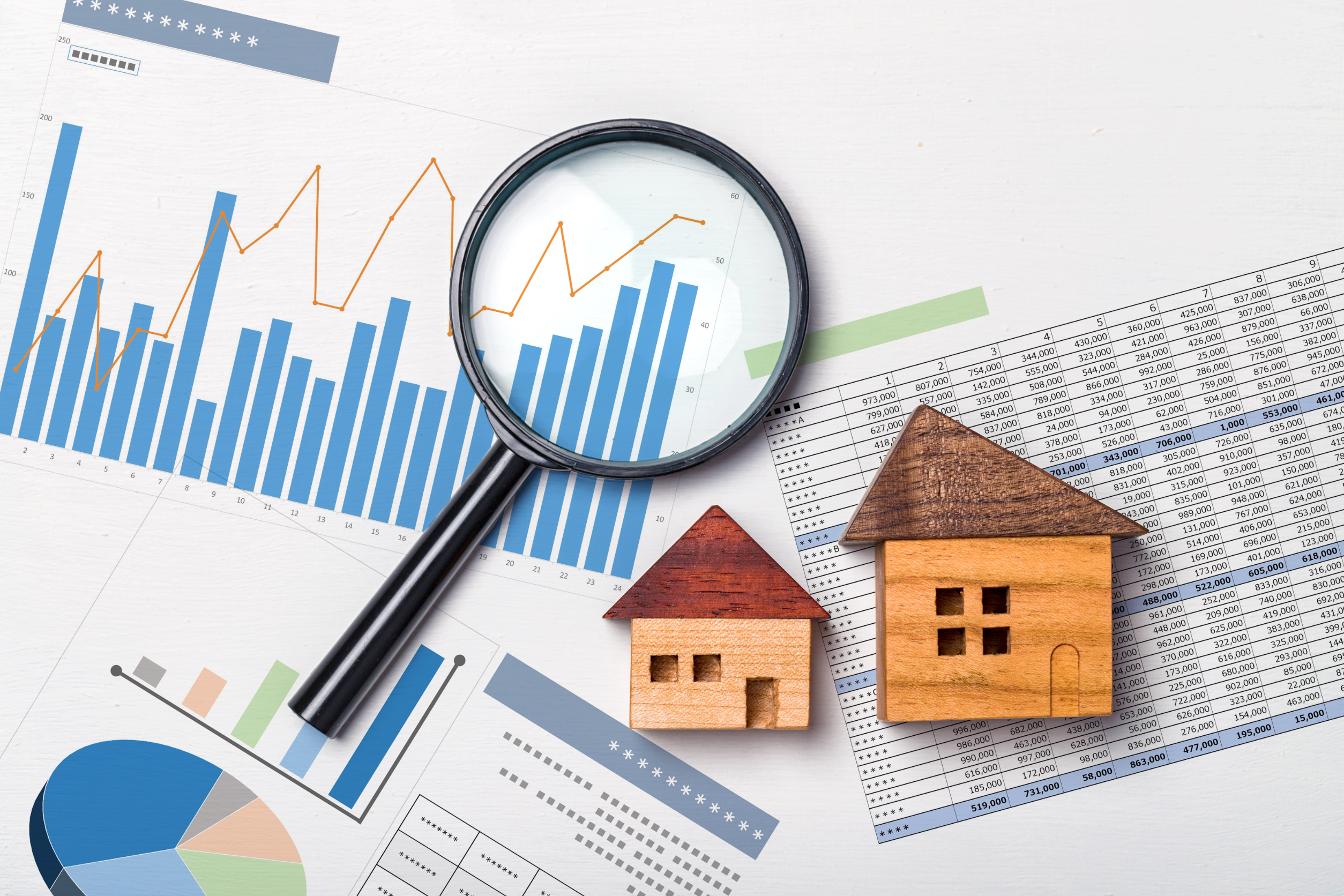Introduction
The real estate market is ever-evolving, and as we look ahead to 2024, the landscape promises exciting changes. From emerging technologies reshaping how we buy and sell homes to a growing demand for eco-friendly living spaces, this year could redefine what home means for many. With shifting demographics influencing housing needs and neighborhoods on the rise or decline, understanding these trends will be crucial for buyers, sellers, and investors alike. Let’s dive into the key factors shaping the future of real estate and discover what opportunities lie ahead in this dynamic sector.
Current State of the Real Estate Market
The real estate market is currently navigating a complex landscape. Rising interest rates have added pressure, making home financing more expensive for buyers. This shift has led to a slowdown in sales activity.
Inventory levels are also low, creating a competitive environment for those looking to buy. Many prospective homeowners find themselves outbid on desirable properties, driving prices higher in certain areas.
On the rental side, demand remains strong as many individuals opt for leasing rather than purchasing homes outright. This trend contributes to rising rents in urban centers and suburban regions alike.
Investors are keeping a close eye on emerging neighborhoods that promise growth. As people seek affordability and convenience, these areas may become hotspots moving forward.
The current state of the real estate market reflects broader economic trends and shifting consumer preferences. Adaptability will be key for stakeholders in this evolving landscape.
Technological Advancements Impacting the Future of Real Estate
Technology is reshaping the real estate landscape. Innovations like virtual reality and augmented reality are changing how we view homes. These tools allow potential buyers to tour properties from anywhere, making house hunting more accessible than ever.
Blockchain technology is also making waves in transactions. It enhances security and transparency, reducing fraud risks associated with property deals.

Smart home features are becoming a standard expectation rather than an added luxury. Homebuyers now seek energy-efficient appliances and automated systems that offer convenience and savings.
Artificial intelligence plays a significant role too. AI algorithms analyze market trends, helping investors make informed decisions quickly.
The integration of these technologies will not only speed up processes but also improve overall customer experiences in real estate dealings as we move into 2024.
The Rise of Sustainable and Eco-Friendly Homes
Sustainable and eco-friendly homes are capturing the spotlight. Homebuyers increasingly prioritize energy efficiency and minimal environmental impact.
Innovative materials and construction techniques have made green building more accessible than ever. Solar panels, recycled materials, and smart technology contribute to lower utility bills and a smaller carbon footprint.
This trend is not just about saving money; it reflects a shift in values. People want spaces that reflect their commitment to the planet. They seek homes that are not only stylish but also sustainable.
Communities with green certifications often see increased property value as demand rises for environmentally conscious living options. As urban planners embrace sustainability, we can expect even more neighborhoods designed with eco-friendliness in mind.
The desire for healthier living environments enhances this trend further, promoting wellness through improved air quality and natural lighting in residential designs.
Changing Demographics and Their Effects on Housing Needs
As the population evolves, so do housing needs. Younger generations are entering the market with different priorities than their parents. They often seek flexibility and urban living over traditional homeownership.
Millennials and Gen Z prioritize amenities like coworking spaces, fitness centers, and easy access to public transport. Their desire for community-oriented environments is reshaping how developers design residential areas.
On the other hand, aging baby boomers are looking for single-level homes or communities that offer low-maintenance living. This shift is creating demand for active adult communities tailored to this demographic’s lifestyle.
Cultural diversity also plays a role in shaping housing preferences. Different cultural backgrounds come with unique values around family space and communal living arrangements—factors influencing both new construction projects and renovations of existing homes.
Understanding these changing demographics will be essential for real estate professionals aiming to meet future demands effectively.
Predicted Shifts in Popular Neighborhoods and Cities
As we look ahead to 2024, the landscape of popular neighborhoods and cities is poised for transformation. Urban areas that once thrived may face decline as remote work remains prevalent. Suburban and rural locations are gaining traction with buyers seeking space and a quieter lifestyle.
Emerging trends suggest that smaller cities will catch attention. Places known for affordability, community engagement, and local amenities could see an influx of residents. Cities like Austin, Nashville, and Charlotte might shift into the spotlight due to their vibrant cultural scenes combined with economic opportunities.

On the flip side, traditional urban hotspots may adapt by enhancing walkability and green spaces to retain interest. Neighborhoods focusing on mixed-use developments will likely attract younger generations craving convenience alongside sustainability in their living environments.
Investors should keep an eye on these shifts as they redefine what it means to live in thriving communities across America.
Frequently Asked Questions
The real estate market is constantly evolving. As we look ahead to 2024, it’s essential to understand the trends shaping this dynamic landscape.
What will happen next? The current state of the real estate market shows a mix of resilience and challenges. Despite interest rate fluctuations and economic uncertainties, demand for homes remains strong. Buyers are still eager to find their perfect spaces, whether in urban areas or suburban retreats.
Technological advancements play a crucial role too. Virtual reality tours, AI-driven analytics, and blockchain technology are making transactions smoother than ever before. These innovations not only streamline processes but also enhance customer experiences.
Sustainability continues to gain traction among homebuyers. Eco-friendly features like solar panels and energy-efficient appliances are no longer optional; they’re expected by many buyers today. This trend is likely to grow as environmental awareness increases.
Demographic shifts impact housing needs significantly as well. Millennials and Gen Z are entering the housing market with distinct preferences that differ from previous generations. They favor walkable communities with access to amenities over sprawling suburbs.
Predicted shifts in popular neighborhoods also deserve attention. Areas once considered off-the-beaten-path may experience revitalization due to changing work habits and lifestyle choices post-pandemic.
Curious about these trends? Here are some frequently asked questions:
What should I expect from the real estate market in 2024?
Trends indicate possible price stabilization combined with increased inventory levels as sellers respond to shifting buyer demands.
Will technology continue transforming how we buy homes?
Absolutely! Expect more virtual showings and tech tools designed for easier transactions moving forward.
How important is sustainability when buying a home now?
More buyers prioritize eco-friendly features than ever before, influencing both pricing strategies and new construction designs.
Which demographics will drive changes in housing markets?
Millennials will remain influential, while Gen Z begins emerging into homeownership roles with unique expectations around community living.
Are there specific cities or neighborhoods poised for growth soon?
Look at areas experiencing job growth paired with quality local amenities—those











